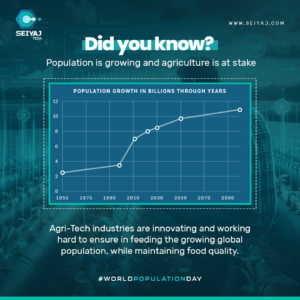The 21st century has been marked by unprecedented technological advancements that have reshaped virtually every aspect of human life. From communication and healthcare to transportation and entertainment, technology has revolutionized the way we live, work, and interact with the world. This article explores some of the most significant technological trends and innovations that are shaping our future.
Artificial Intelligence and Machine Learning
Artificial Intelligence (AI) and Machine Learning (ML) stand at the forefront of the technological revolution. These technologies have the potential to transform industries by automating tasks, improving efficiency, and providing deep insights through data analysis. AI algorithms are being integrated into a variety of applications, from voice-activated assistants like Siri and Alexa to sophisticated predictive analytics in healthcare that help diagnose diseases with greater accuracy.
Machine learning, a subset of AI, enables systems to learn and improve from experience without explicit programming. This technology is being utilized in various fields such as finance for fraud detection, in marketing for customer behaviour analysis, and in autonomous vehicles for navigating complex environments.
The Internet of Things (IoT)
The Internet of Things (IoT) refers to the interconnection of everyday devices to the internet, allowing them to send and receive data. This network of connected devices has vast implications for both consumers and industries. Smart homes, equipped with IoT devices like thermostats, security cameras, and refrigerators, provide convenience and energy efficiency. In the industrial sector, IoT technology enhances operational efficiency through predictive maintenance of machinery and real-time monitoring of supply chains.
The proliferation of IoT devices also raises important questions about data privacy and security. As more personal and sensitive data is collected, ensuring the protection of this information becomes paramount.
Blockchain Technology
Blockchain, the technology underlying cryptocurrencies like Bitcoin, is garnering attention for its potential to revolutionize various sectors. A blockchain is a decentralized, distributed ledger that records transactions across many computers so that the record cannot be altered retroactively. This technology promises increased transparency, security, and efficiency.
Beyond cryptocurrencies, blockchain is being explored for use in supply chain management, where it can provide end-to-end visibility and traceability of products. In finance, blockchain has the potential to streamline processes and reduce fraud by providing a secure and immutable transaction record.
Advances in Healthcare Technology
The healthcare industry is experiencing transformative changes driven by technological advancements. Telemedicine, the practice of delivering medical care remotely, has surged in popularity, especially during the COVID-19 pandemic. This technology allows patients to consult with healthcare professionals from the comfort of their homes, improving access to care.
Wearable technology, such as fitness trackers and smartwatches, is empowering individuals to take charge of their health by monitoring vital signs and physical activity. Moreover, advancements in medical imaging, robotic surgery, and personalized medicine are enhancing the precision and effectiveness of treatments.
Renewable Energy Technologies
As the world grapples with climate change, renewable energy technologies are becoming increasingly crucial. Innovations in solar, wind, and battery storage technologies are making clean energy more accessible and affordable. Solar panels have become more efficient, and wind turbines are now capable of generating more power than ever before.
Energy storage technology, particularly advancements in lithium-ion batteries, is key to addressing the intermittent nature of renewable energy sources. These batteries can store excess energy produced during peak times and release it when demand is high, ensuring a stable and reliable power supply.
The Future of Transportation
Transportation is another sector undergoing significant technological transformation. Electric vehicles (EVs) are gaining traction as a cleaner alternative to traditional gasoline-powered cars. Companies like Tesla are leading the charge with innovations in battery technology and autonomous driving capabilities.
In addition to EVs, the development of autonomous vehicles promises to revolutionize the way we travel. Self-driving cars have the potential to reduce accidents, ease traffic congestion, and provide mobility solutions for those unable to drive.
Conclusion
The rapid pace of technological innovation is driving profound changes across all sectors of society. While these advancements bring numerous benefits, they also present challenges such as data privacy concerns, cybersecurity threats, and the need for regulatory frameworks. As we navigate this technological landscape, it is essential to harness these innovations responsibly to create a future that is not only technologically advanced but also equitable and sustainable. The ongoing technological revolution promises a future filled with possibilities, where human ingenuity continues to push the boundaries of what is possible.






